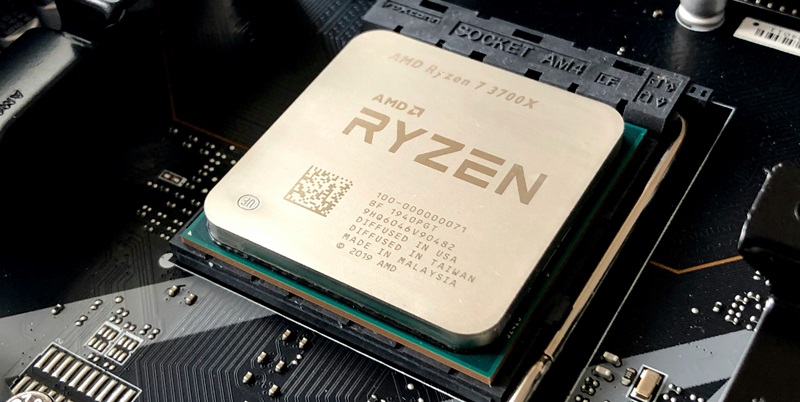AMD is set to shake up the mobile computing landscape with the launch of its Ryzen AI Max CPUs, which have the potential to redefine what users expect from mobile processors. These upcoming chips promise to significantly outdo AMD’s current Strix Point line, essentially bringing desktop-level performance to laptops. This development signals a dramatic shift in AMD’s strategy, as the company aims to become a formidable force in the high-end laptop market—a space traditionally dominated by companies like Apple. The Ryzen AI Max family is being crafted to cater to demanding applications that require substantial graphical and computational power, making them ideal for mobile workstations.
The Ryzen AI Max family will be available in configurations with 16, 12, and 8-core CPUs and will feature 40 compute units (CUs) in the top two variants and 32 CUs in the third. This is a significant upgrade from AMD’s previous Radeon 890M, which maxes out at 16 CUs. AMD’s new offerings could support up to 96GB of video memory, doubling the capacity of Apple’s M-series Max processors. This sheer leap in specifications demonstrates AMD’s aggressive approach to conquering new markets. AMD’s attempt to align itself more closely with Apple by borrowing from its naming conventions is a clear indicator of the competitive heating up between the two tech giants.
AMD’s Strategic Move in the Mobile Market
AMD is poised to transform mobile computing with its new Ryzen AI Max CPUs. These chips are expected to vastly outperform the current Strix Point series, essentially bringing desktop-like performance to laptops. This marks a bold shift in AMD’s strategy, as the company seeks to challenge traditional powerhouses like Apple in the high-end laptop market. Designed for demanding applications requiring significant graphical and computational capabilities, the Ryzen AI Max family aims to excel in mobile workstations.
The Ryzen AI Max lineup will be available in configurations featuring 16, 12, and 8-core CPUs. The top two versions will boast 40 compute units (CUs), while the third variant will offer 32 CUs. This represents a considerable improvement over AMD’s previous Radeon 890M, which peaked at 16 CUs. AMD’s new processors could handle up to 96GB of video memory, doubling the capacity of Apple’s M-series Max chips. These specs highlight AMD’s aggressive push to capture new markets. By adopting similar naming conventions to Apple, AMD underscores the intensifying competition between the two tech giants.

